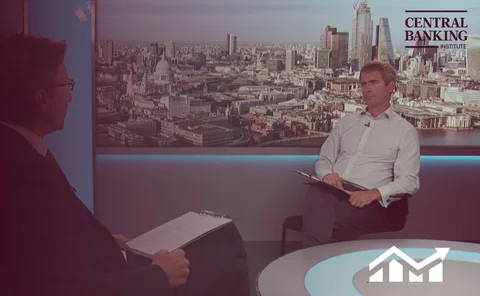Financial Stability 2022
Rethinking the CCyB
As central banks rush to replenish bank capital reserves, the countercyclical buffer may need some fine-tuning
Most central banks carry out frequent stress tests
All banks that carry out stress tests say they have improved financial stability
Cyber attacks on financial market infrastructure are rising
Two-thirds report recent increase in attacks, but 80% report good cross-border arrangements
Over half of central banks say AML risks are rising
But most say central banks co-operate sufficiently across borders against money laundering
Central banks rarely lead AML/CFT efforts
Most institutions do not want more AML/CFT powers
Earnings in upper-middle income economies outstrip high income peers
Financial stability staffing tends to match jurisdiction’s income level
Most central banks lack primary oversight of NBFIs
Many institutions capable of regulating non-banks, but just a few solely exercise such powers
A quarter of central banks have insufficient financial stability powers
Some respondent institutions need new powers urgently
Middle income countries more likely to report rising NPL levels
Most high income respondents say NPL levels have fallen in last five years
Banking resolutions are rare events in most countries
Two jurisdictions account for 77.9% of resolutions reported by sample
Reserve requirements most commonly used macro-pru tool
Responses show differences in measures favoured by high and middle income economies
Most central banks do not want more macro-pru powers
But minority of benchmark participants want governments to adopt measures in use elsewhere
Central banks rarely administer deposit guarantee schemes
Lower-middle income countries less likely to have such schemes
Richer nations less likely to have central banks as sole macro-pru authority
Respondents from lower-middle income countries more likely to be only macro-prudential body
Central bank boards often used for stability decisions
Institutions from high income countries most likely to give stability remit to boards



